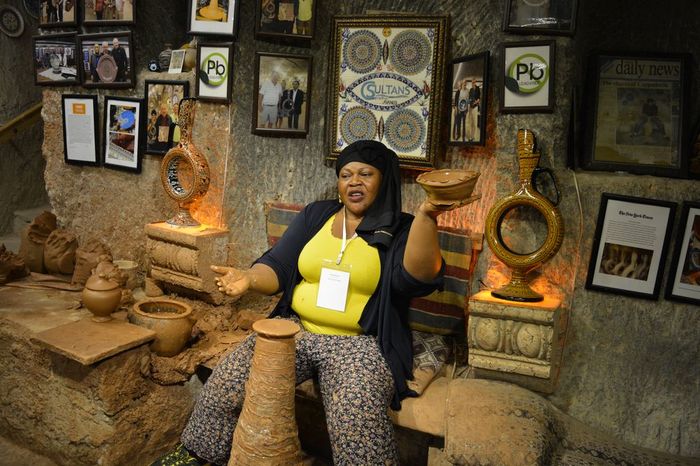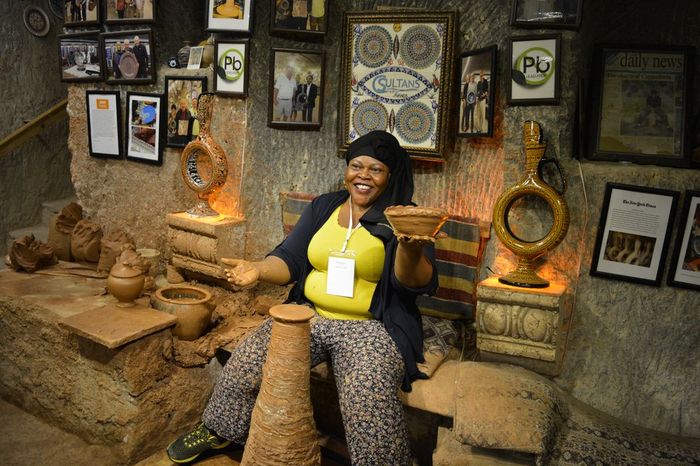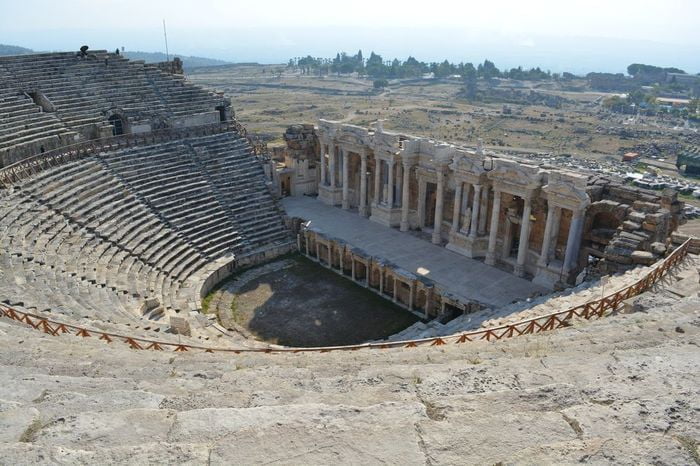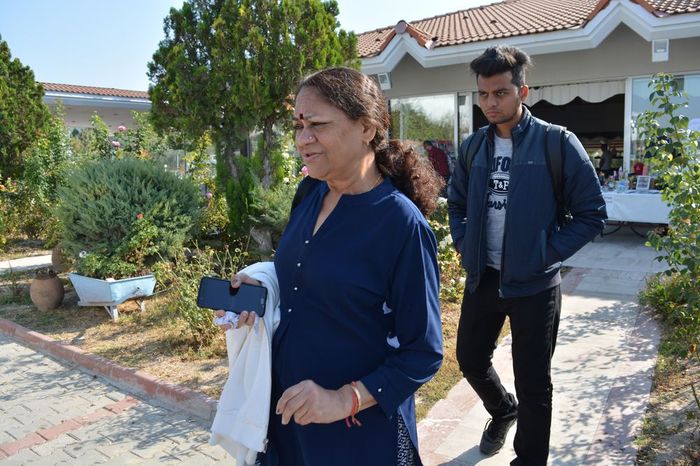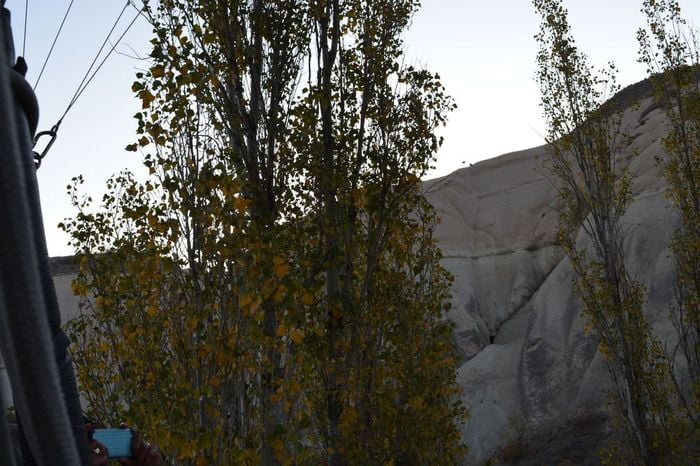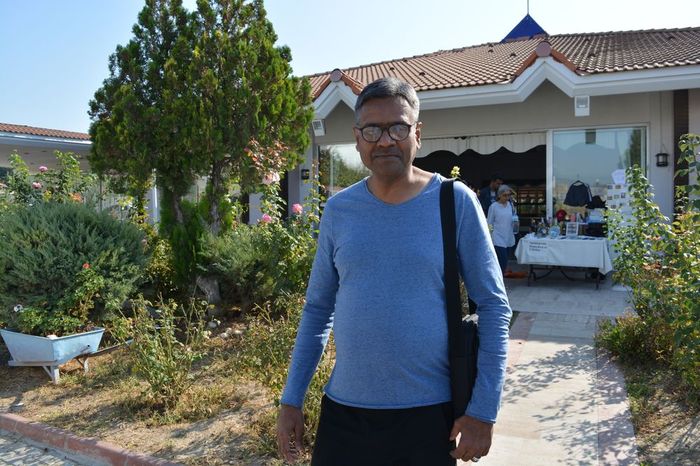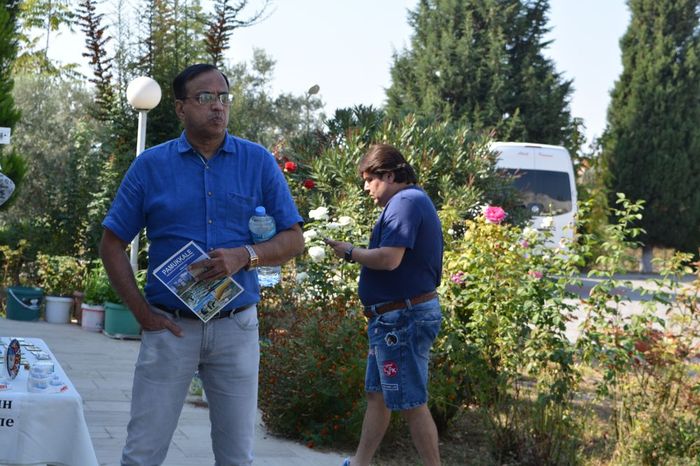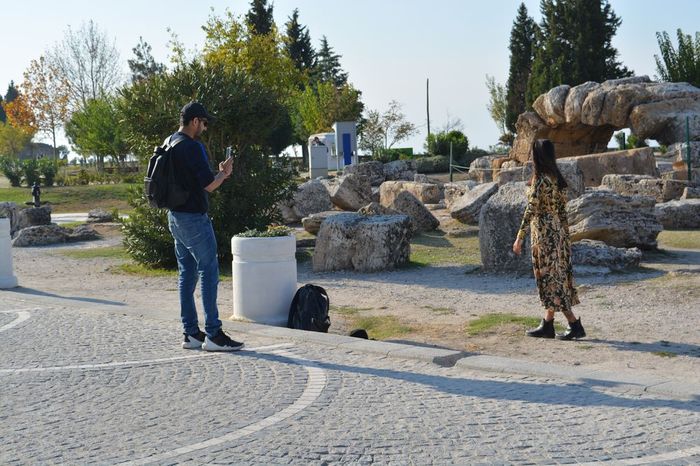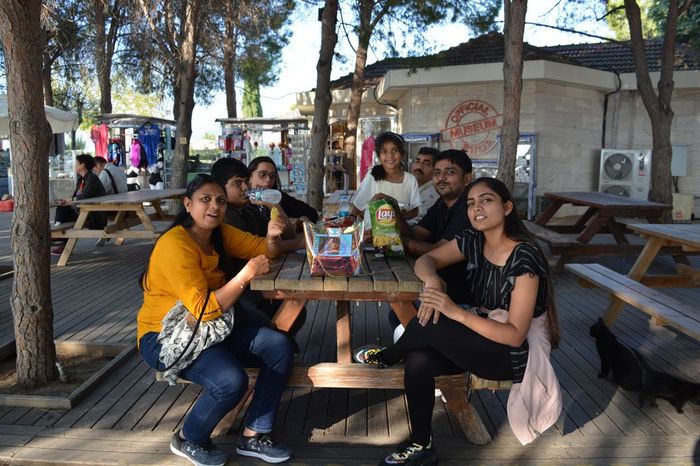Alexius Part 33
Now, Bohemond took after his father in all things, in audacity, bodily strength, bravery, and untamable temper; for he was of exactly the same...
Alexius Part 32
For what man in his senses would assail so great a father? As for me, I would have thee know that I am arming...
Alexius Part 31
When either side (to wit, Henry, King of Germany, and the Pope) had brought up their armies, and set them in battle array, directly...
Alexius Part 30
To prevent the King’s becoming too insupportable by an alliance with Robert, he anticipated him in sending offers of peace to Robert, though before...
Alexius Part 29
The King of Germany on his side indicted the Pope of usurpation, as he had seized the apostolic chair without his consent. Moreover, he...
Alexius Part 28
In various ingenious ways also Robert caught the ear of the public; one day he would commiserate himself on the sad fate of his...
Alexius Part 27
The story runs thus, the arch-villain Robert who was hatching war against the Romans, and had been making his preparations for some time, was...
Alexius Part 26
That man Robert, who from a most inconspicuous beginning had grown most conspicuous, and amassed great power, now desired eagerly to become Roman Emperor,...
Alexius Part 25
XII Having thus become master of all Mascabeles’ possessions, he after that grew daily in power, and becoming ever more despotic, piled cities upon...
Alexius Part 24
Hereupon, Mascabeles’ men, seeing that the leaders had dismounted, and apparently started an argument afresh, dismounted too; or rather some did, and tied their...

